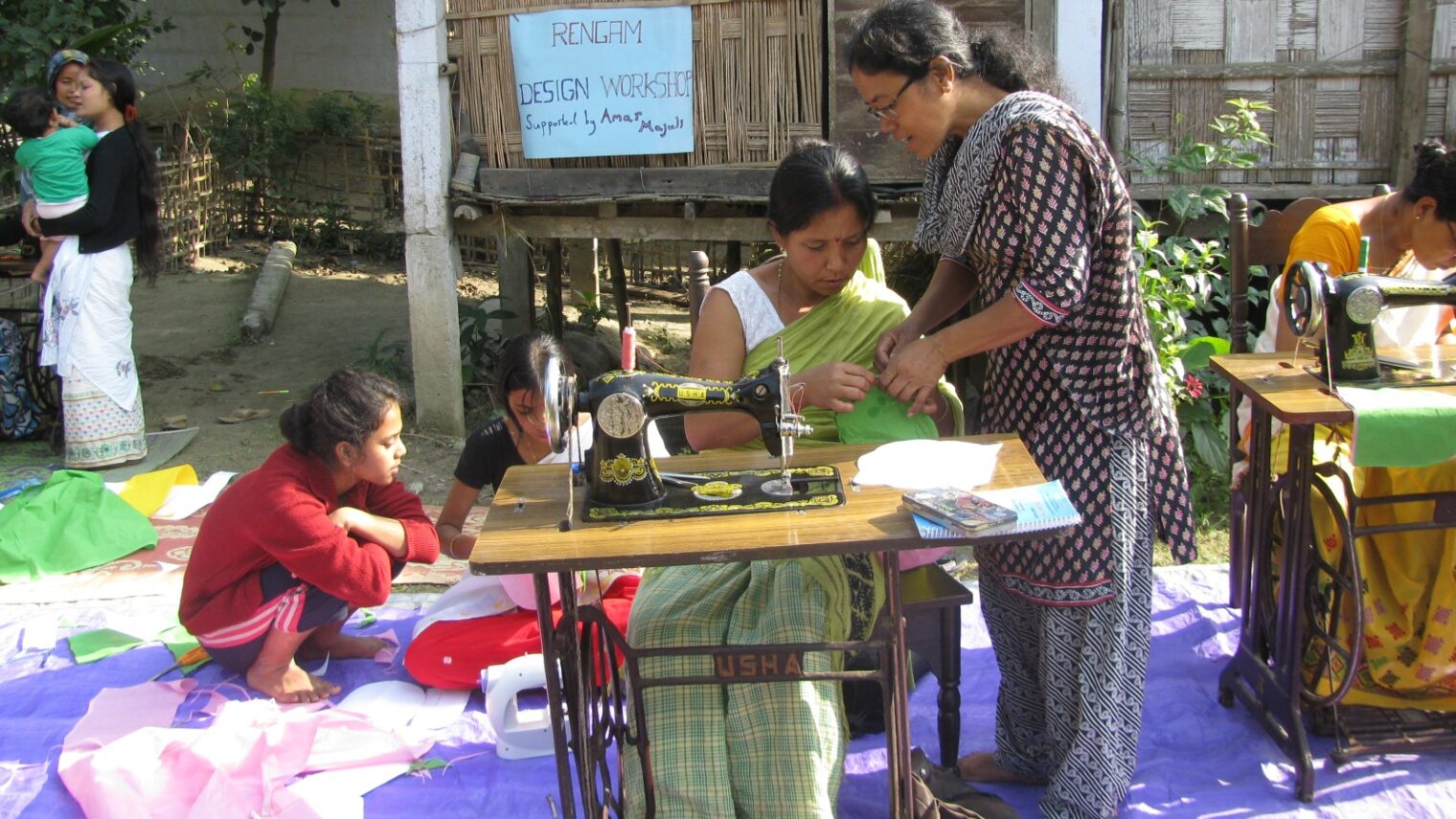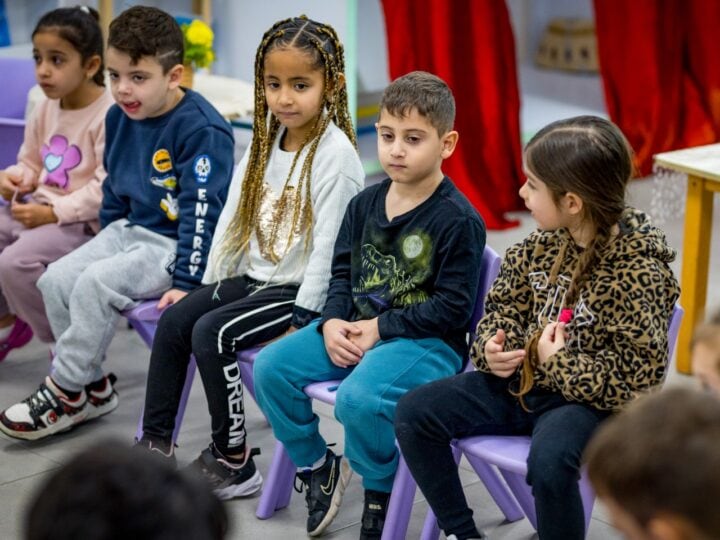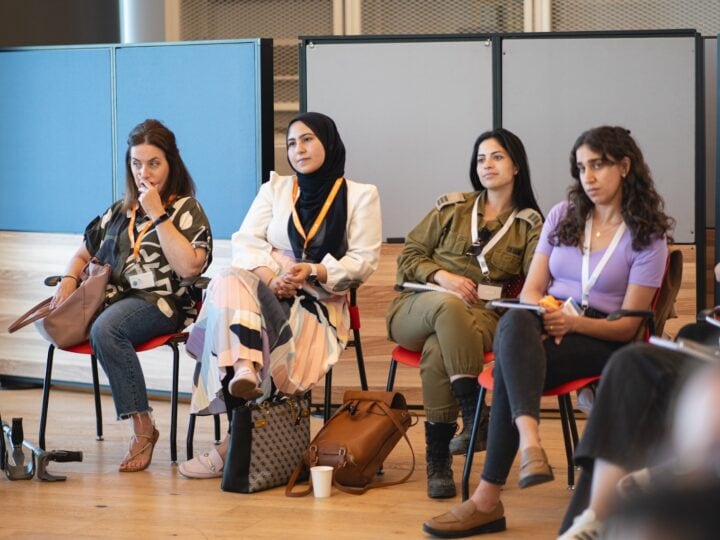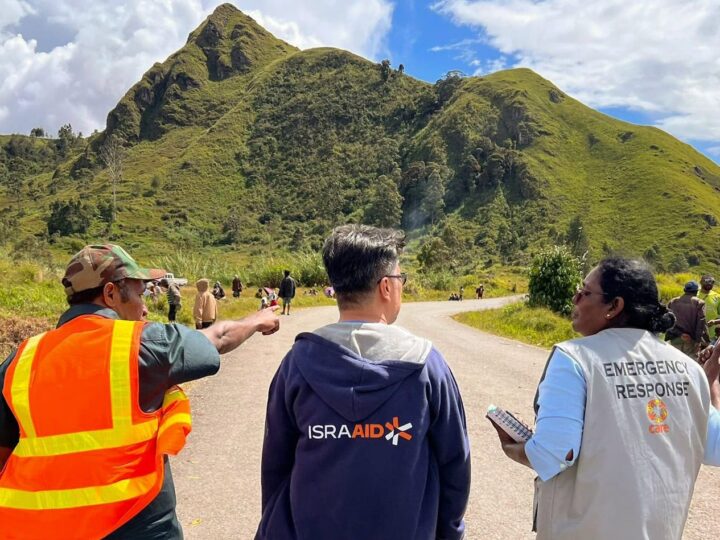Gili Navon didn’t intend to start a nonprofit organization when she traveled in 2007 to Majuli, a remote island in northeast India.
The Israeli woman accompanied the females of Majuli’s peaceful Mising tribe as they picked herbs in the jungle and spun raw silk and cotton into colorful garments. She saw the struggle for sustenance in this low-caste subsistence-farming society where river erosion has caused mass displacement.
Navon organized the Rengam (United) Women Weavers Cooperative in 2011 to help residents use their cultural tradition as a source of income. Today the cooperative includes about 100 women, ages 18 to 60, from 20 villages. The project’s headquarters hosts educational lectures on topics such as women’s health.
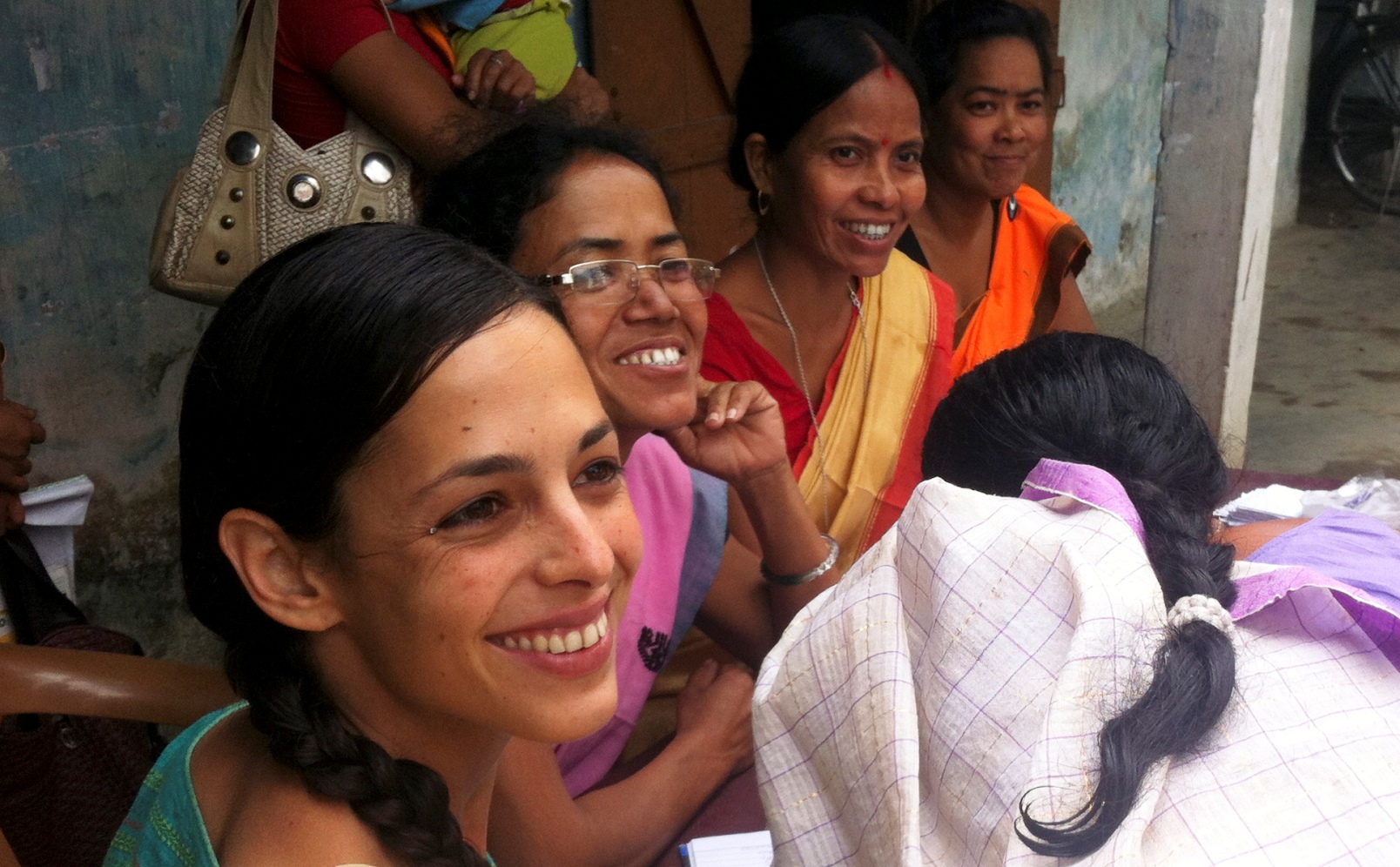
In 2013, Navon and fellow Hebrew University graduate student Shaked Avizedek partnered with local youth and women to establish Amar Majuli, a grassroots organization now part of Tevel b’Tzedek, an Israeli nonprofit that runs long-term volunteer projects to enhance livelihood and wellbeing in Nepal and Burundi.
Amar Majuli also established two bicycle banks to ease transportation; a sustainable agriculture program; and other initiatives based on the ABCD (Assets Based for Community Development) approach she learned in the university’s Glocal (“global” and “local”) Community Development Studies master’s program. ABCD identifies and builds on existing strengths and assets in a community.
Leigh Ofer, another young woman with roots in Israel, cofounded Seed Street, teaching kids from disadvantaged circumstances in New York’s Harlem neighborhood to plant hydroponic vegetables inside repurposed shipping containers and sell what they harvest.
The STEAM (science, technology, engineering, arts and math) curriculum devised by Ofer and her two cofounders also introduces the children to yoga, meditation, and creative expression in the three-afternoon-a-week program.
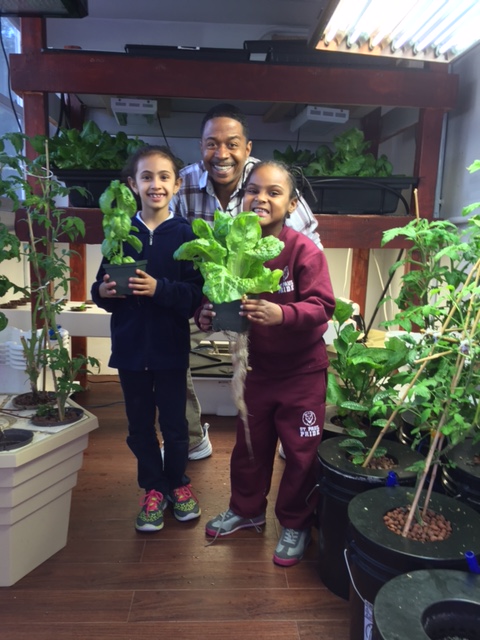
Children and women are also the focus of community-building programs in developing countries in Latin America and Africa under the aegis of MASHAV, Israel’s Agency for International Development Cooperation.
One recent example is a course on Education for Sustainable Development held at MASHAV’s Ofri Educational Training Center in 2014. Joan Owaka, the principal of Farasi Lane Primary School in Kenya, implemented the knowledge she acquired during the ESD course in Israel and two years later, her school has become a model of success.
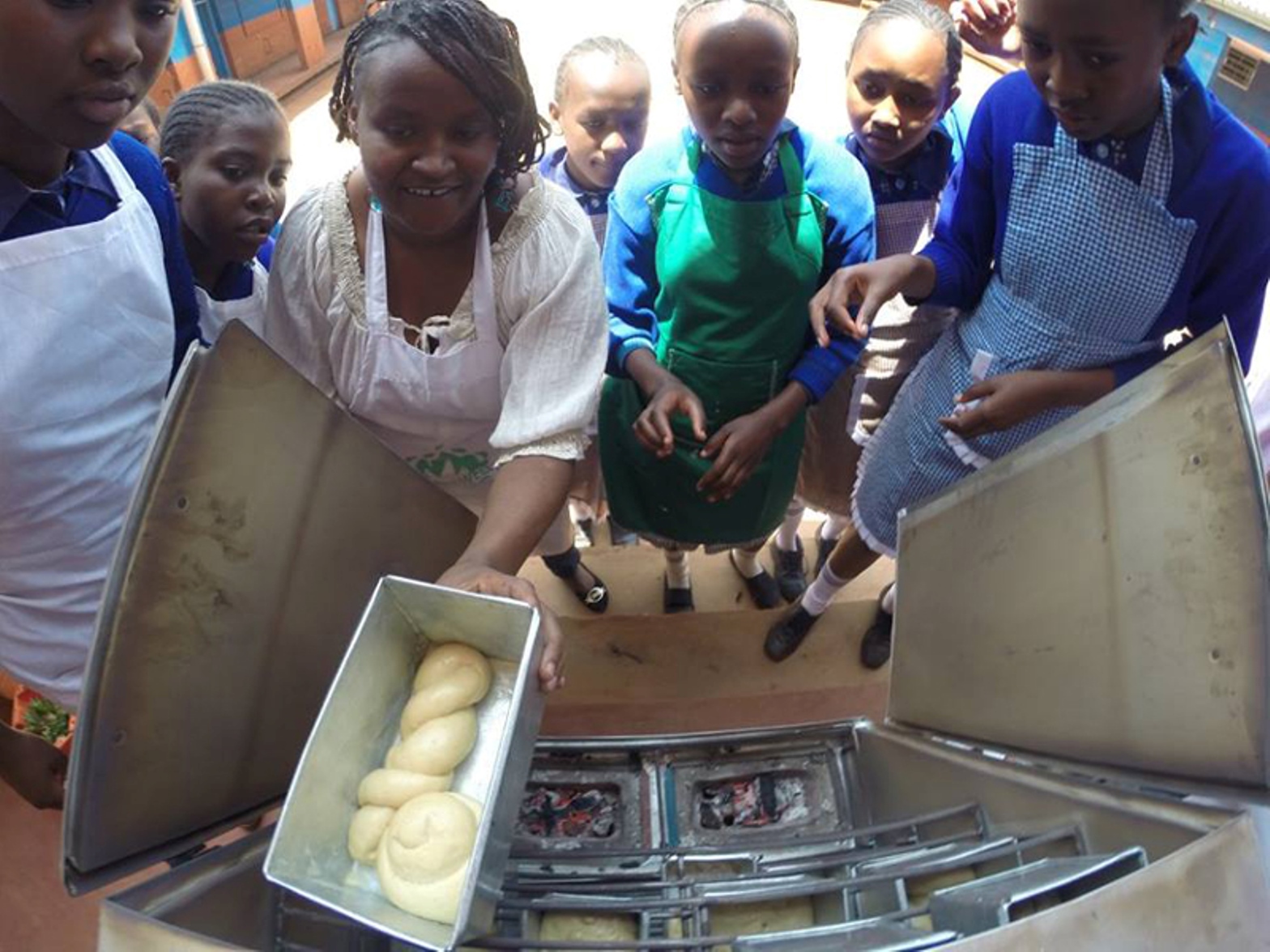
The first project Owaka started upon her return to Kenya was a botanical garden to be tended by the school’s Girls’ Club to create a platform for social cohesion, identifying needs and finding applicable solutions. The herbs grown in the garden are used to produce products such as scented soaps and breads. A library, music club and orchestra also were introduced in the school.
Another example is the award-winning Women Add Value Initiative taught at Israel’s Golda Meir Carmel International Training Center with the goal of empowering women from developing countries for a better future. This program is sponsored by MASHAV to encourage a culture that honors, respects and stimulates women toward success.
Tevel b’Tzedek, IsraAID, Fighters for Life
Community-building is the cornerstone of Jerusalem-based Tevel b’Tzedek, founded with the goal of engaging young Jews and Israelis in long-range activities in Nepal and Burundi, such as teaching modern agricultural methods and strengthening schools, and building community governance and activism structures to include marginalized ethnic groups, women and youth.
A participant in a Tevel b’Tzedek community leadership training program in Vugizo, Burundi, recently wrote: “Other NGOs handed out things, but Tevel invested in us as people, helped us help our own communities. In this leadership seminar I had a chance to get to know other community leaders — teachers, farmers and even youth leaders. We now have the tools and the legitimacy to work together to improve our communities in the long term.”
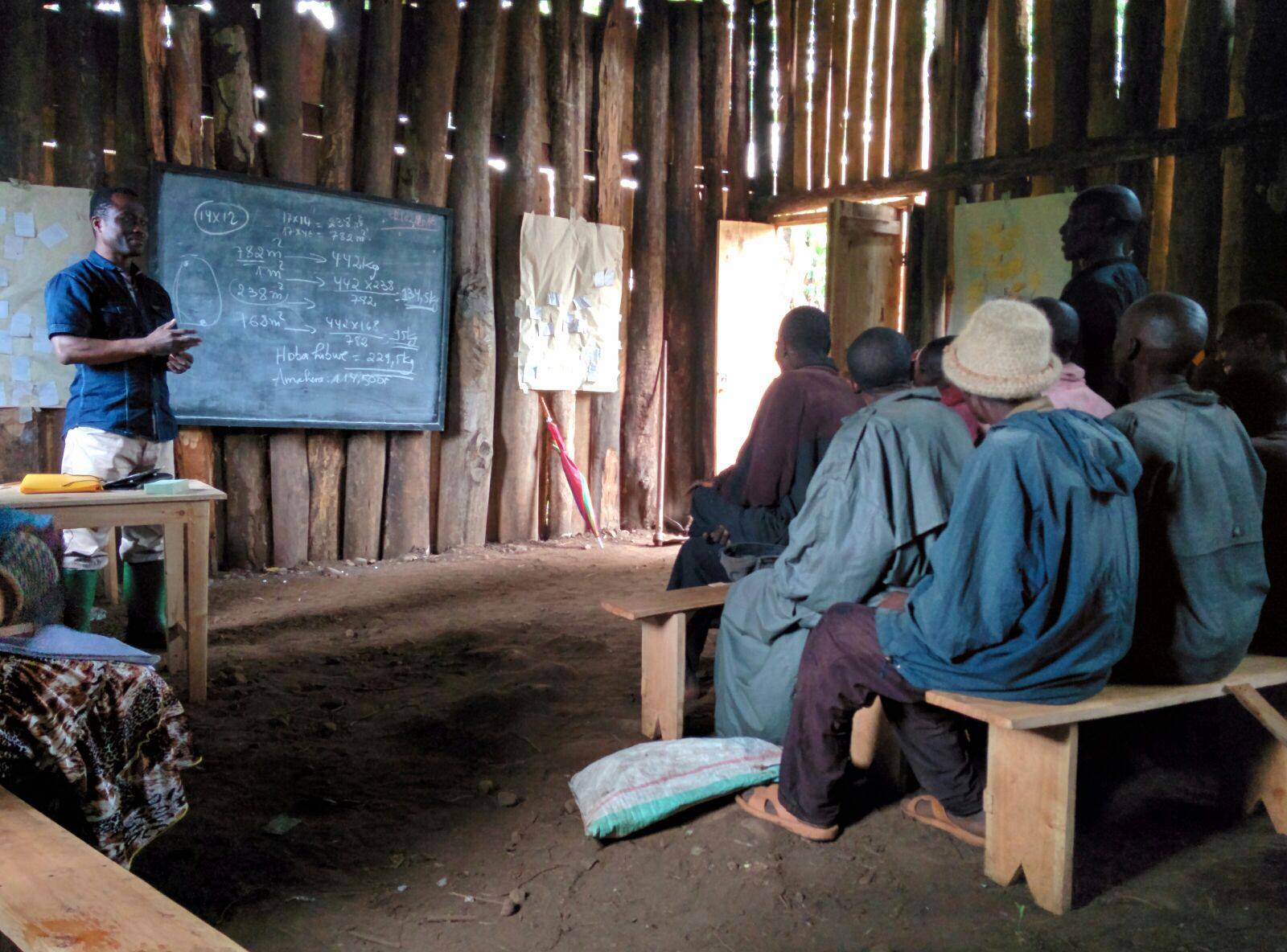
Fighters for Life, an organization of young Israeli military veterans, was founded in 2013 to help strengthen communities in places where Israelis typically go traveling after the army. Today the group has annual two-week missions to Buenos Aires, Argentina; Gondar, Ethiopia; and Mumbai, India.
During each cycle, 25 volunteers spend half the day renovating and painting structures in a poor neighborhood, and the other half teaching children English, math, music and personal hygiene. In Mumbai, the Israelis also do agricultural projects.
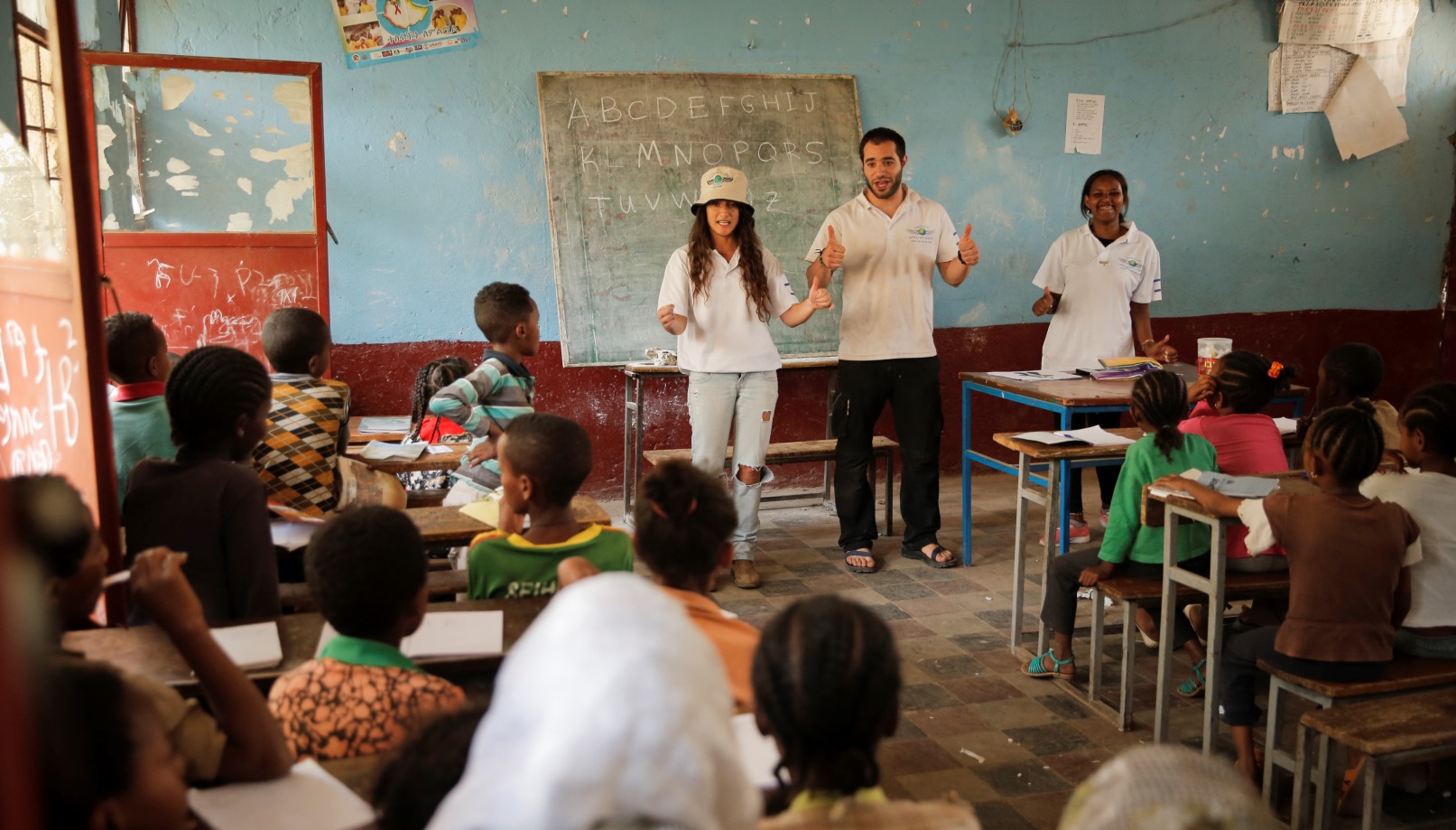
Israeli humanitarian NGO IsraAID counts community building among its many overseas activities.
Wherever emergency relief is needed, from Haiti to South Korea, IsraAID staffers remain on the ground for several years to implement and train locals to run programs on mental and physical health, economic and social development, women’s empowerment, psychosocial rehabilitation, education, child protection and combating gender-based-violence.
One of its current projects, HoneyAID, is a beekeeping cooperative staffed by hundreds of women who lost their homes and sources of income in the Nepal earthquake. They sell the honey to local stores and to tourists.
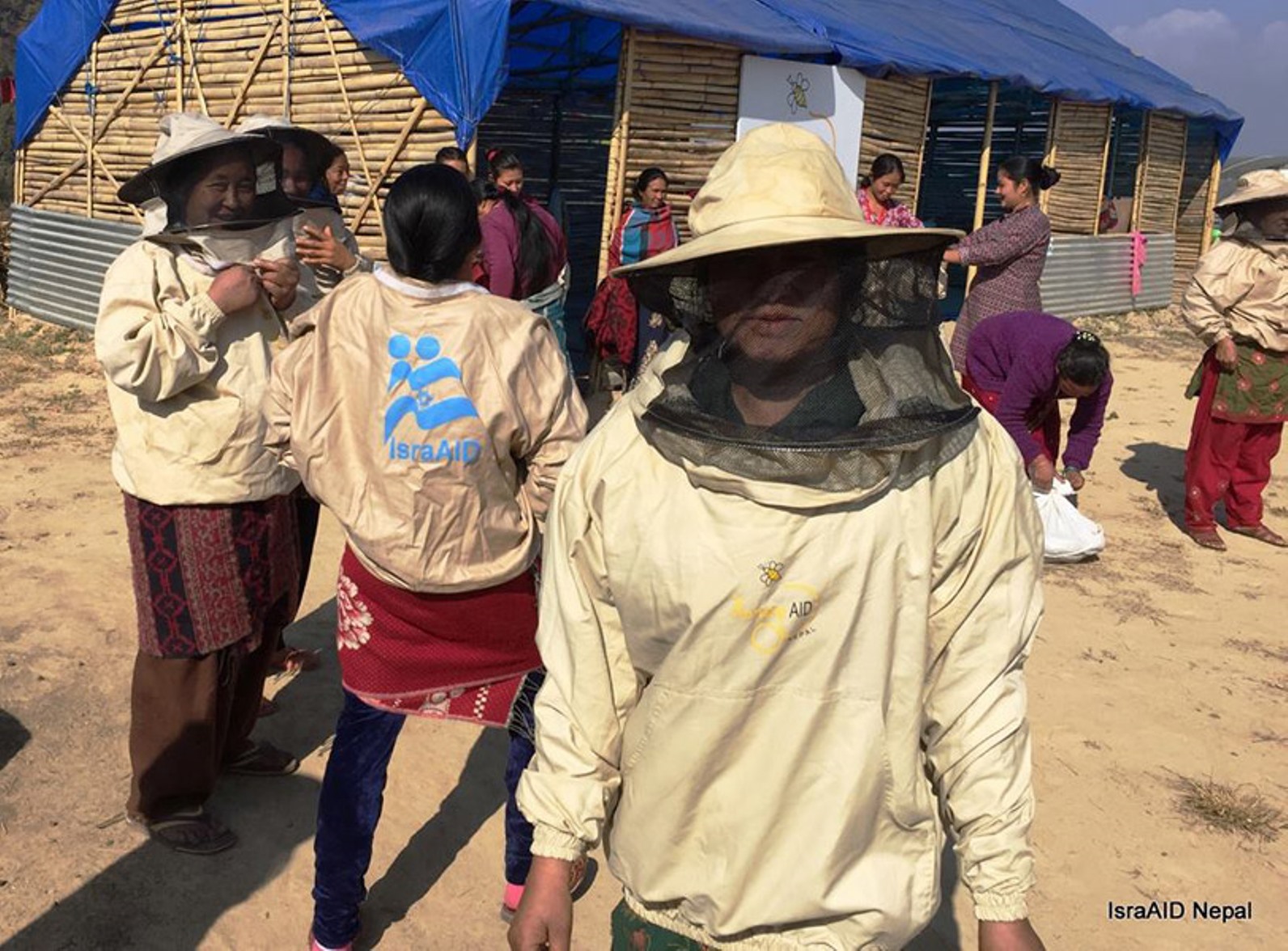
The Japan IsraAID Support Program (JISP) aims to provide Japan’s Tohoku region — devastated in 2011 by the most powerful earthquake (9.0 Richter scale) ever known to have hit the peninsula — with targeted post-trauma capacity-building, psychosocial services, and leadership and professional skills training for youth.
In South Sudan, IsraAID works to build the capacity of service providers working with vulnerable communities, especially women and children; and accompanies both these local service providers and local actors in their efforts to design, implement and evaluate their own programs to tackle pressing social and health challenges affecting the most at-risk groups.
“Once the immediate needs of a population in crisis have been addressed, we consider the long-term question of how we can help these local communities attain stable living without relying on humanitarian aid,” IsraAID explains on its website. “This is the most vital transition and is often highlighted as being the most important phase of development.”
To find out more about Israel’s vital humanitarian aid overseas please enjoy our fascinating aid exhibition, My Name is Israel.




